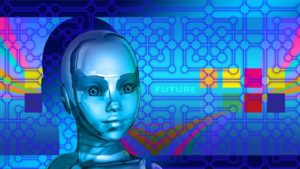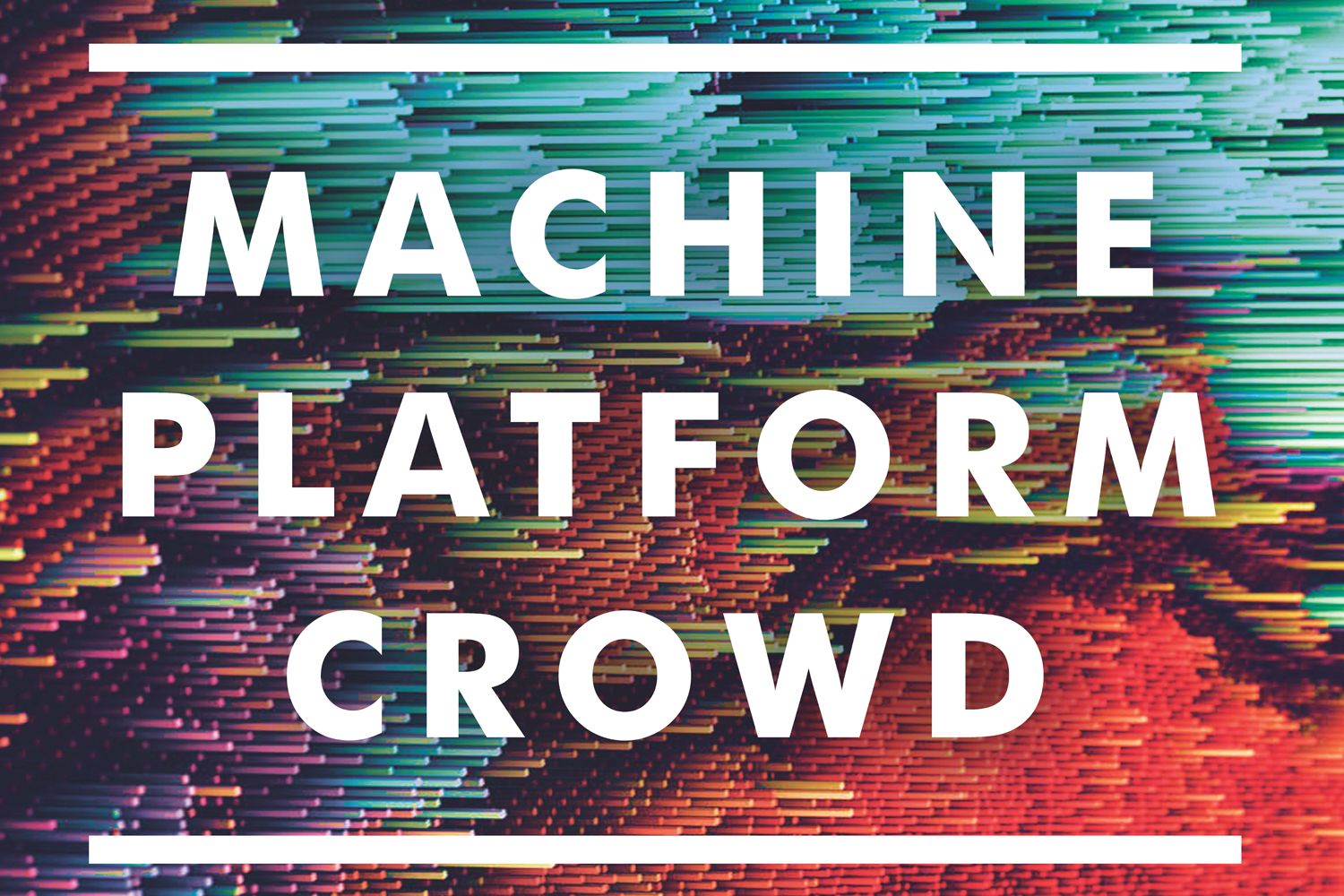I’m really excited to announce a 5-page feature spread on my #transhumanism work and Libertarian Governor campaign in today’s Times of London Magazine, one of England’s oldest and largest papers. There’s a paywall for digital but I think you can get two articles free without registering. If you have access to the print, it’s in the magazine:
Zoltan Istvan is launching his campaign to become Libertarian governor of California with two signature policies. First, he’ll eliminate poverty with a universal basic income that will guarantee $5,000 (£3,800) per month for every Californian household for ever. (He’ll do this without raising taxes a dime, he promises.) The next item in his in-tray is eliminating death. He intends to divert trillions of dollars into life-extending technologies – robotic hearts, artificial exoskeletons, genetic editing, bionic limbs and so on – in the hope that each Californian man, woman and AI (artificial intelligence) will eventually be able to upload their consciousness to the Cloud and experience digital eternity.
“What we can experience as a human being is going to be dramatically different within two decades,” he…









